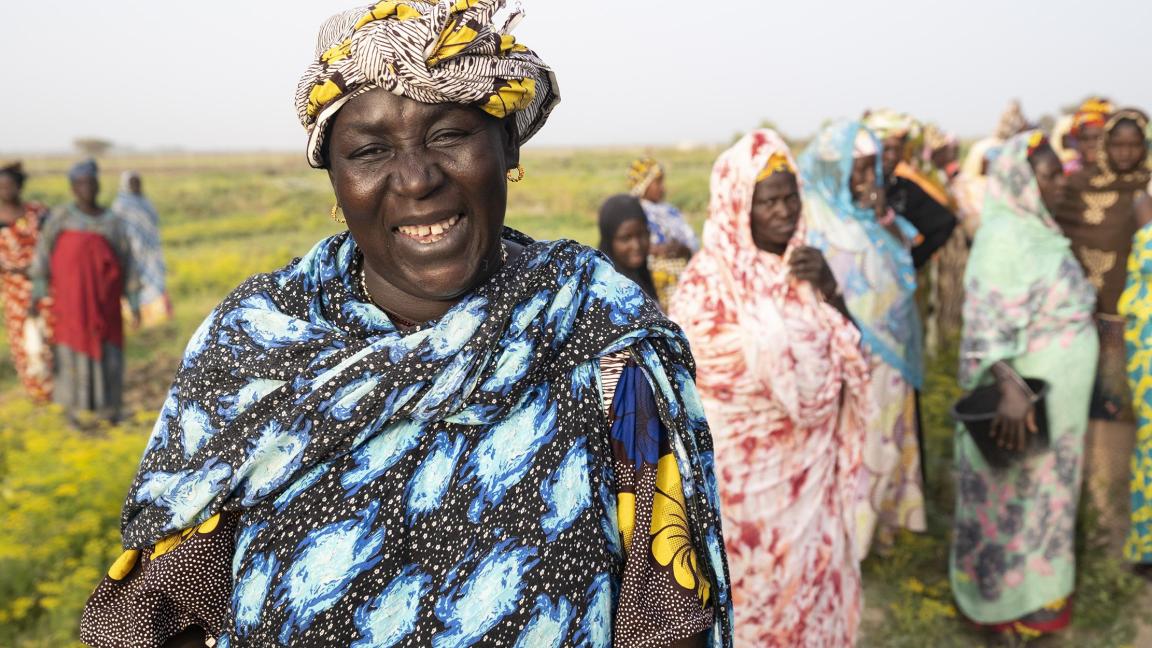Climate change is one of the most pressing challenges of our time. And one that is further exacerbated by conflict, social inequality and fragile political contexts We take an integrated approach to climate action (the reduction or prevention of harmful greenhouse gas (GHG) emissions) and climate change adaptation. This enables us to protect the natural environment and strengthen society, democracy and the economy at the same time.
Based on dialogue with partners from the political and business spheres and civil society worldwide, GIZ develops climate solutions that are effective, socially just and economically competitive. We adapt our work to local contexts and draw on global connections.
An overview:
- We promote technological innovation to encourage investment in climate action and climate resilience.
- We place a focus on participatory approaches and local solutions for effective local implementation of global climate targets.
- We support climate-friendly value creation and social participation as a means of creating economic prospects for broad sectors of society.
- We combine emissions reduction and adaptation measures by assisting partners with transitioning to climate friendly technologies, protecting societies and ecosystems and strengthening their climate resilience.
- We engage in cross-sectoral cooperation to promote synergies between the energy, agricultural, infrastructure, health and mobility sectors.
- We strengthen particularly vulnerable groups to facilitate a just and inclusive transformation.
Our goal is to create a future where no one is left behind.







